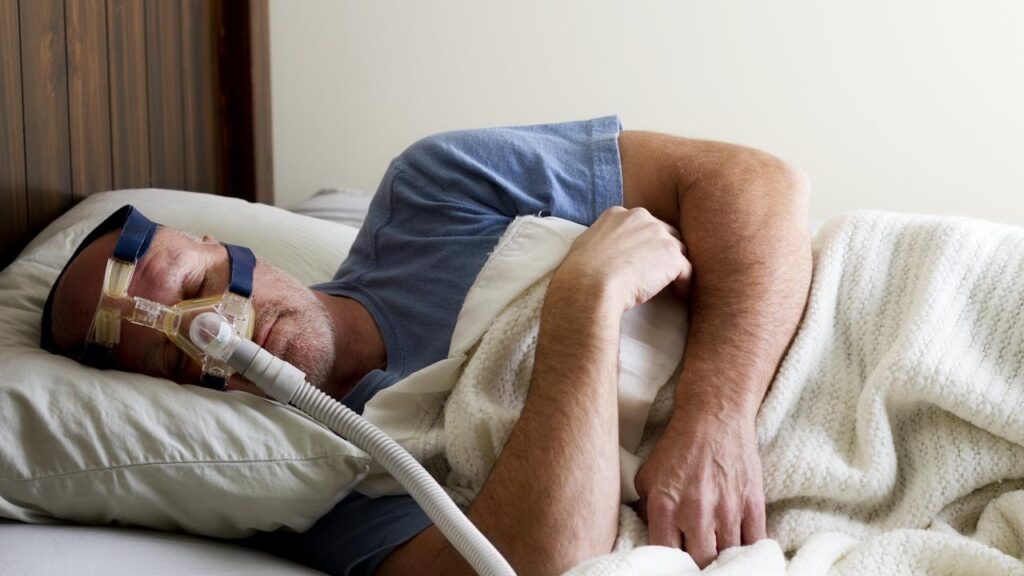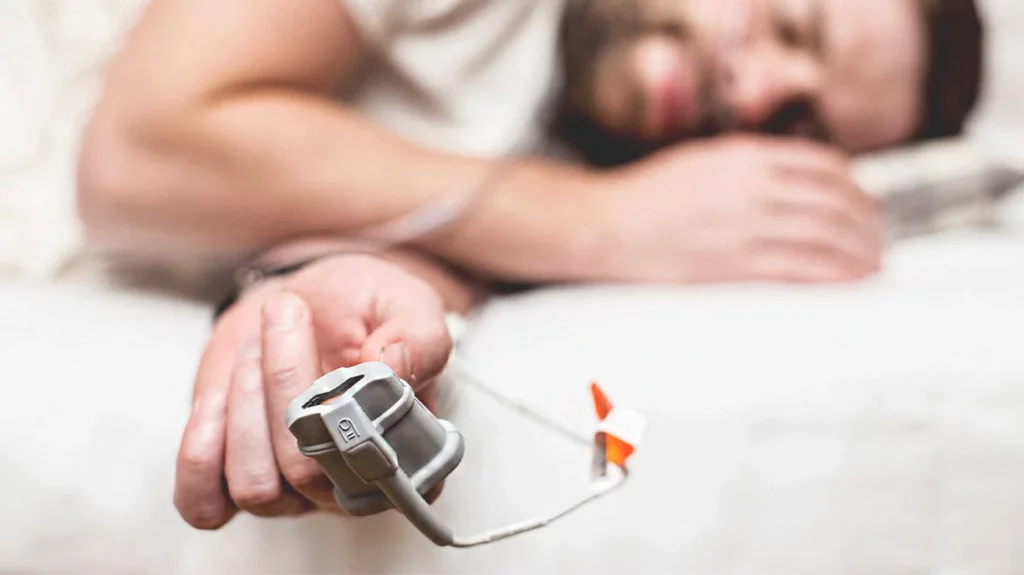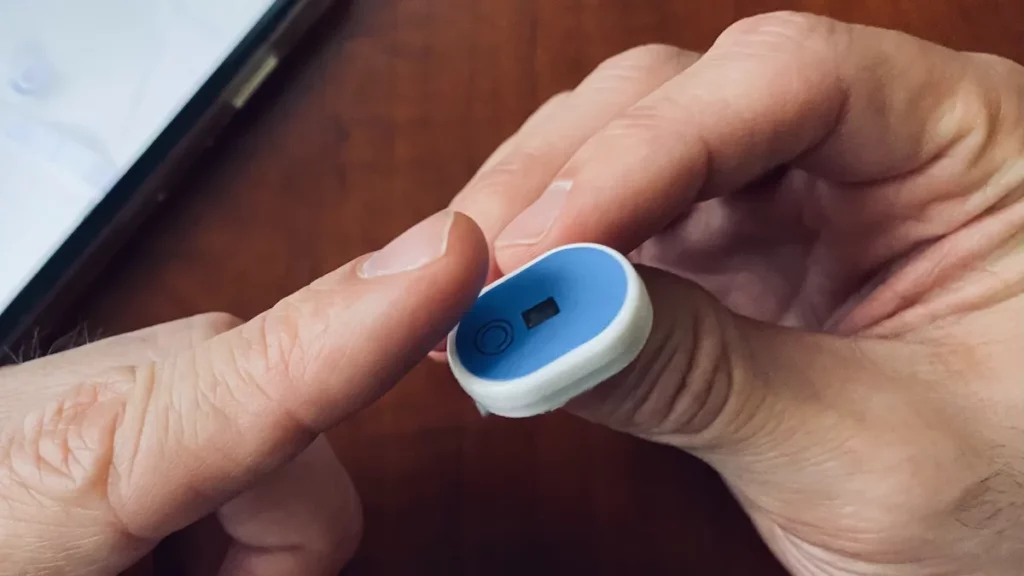Home Sleep Test Options in Australia: Convenience and Benefits

In today’s fast-paced world, convenience is often the key factor when it comes to making decisions about our health. This is especially true when it comes to sleep disorders, which can have a significant impact on our overall well-being. With the advancement of technology, home sleep tests have emerged as a popular option for diagnosing sleep disorders in Australia. In this article, we will explore the convenience and benefits of home sleep test options available in Australia.
Understanding Home Sleep Tests
Sleep is essential for our physical and mental health, and any disruption in our sleep patterns can lead to various problems. Home sleep tests, also known as portable sleep monitors or sleep apnea tests, provide a convenient way to assess sleep disorders from the comfort of our own homes. These tests typically involve wearing a small device overnight that records important sleep data.
In conclusion, home sleep test Australia offer a convenient and effective way to diagnose sleep disorders in Australia. With their ease of use, time-saving benefits, and accurate results, they are increasingly becoming the preferred choice for individuals seeking to improve their sleep quality. By choosing the right home sleep test, consulting with healthcare professionals, and taking appropriate action based on the results, individuals can take steps towards a healthier sleep routine and overall well-being.
For many individuals, the idea of spending a night in a sleep clinic can be daunting and uncomfortable. Home sleep tests offer a more relaxed and familiar environment for monitoring sleep patterns, which can lead to more accurate results. Additionally, the ability to sleep in one’s own bed can help reduce any potential anxiety or stress that may affect sleep quality in a clinical setting.
The Science Behind Home Sleep Tests
Home sleep tests work by measuring several key factors during sleep, such as breathing patterns, heart rate, oxygen levels, and body movements. This data is then analyzed by sleep specialists to diagnose sleep disorders, such as sleep apnea, insomnia, or restless leg syndrome.
Advanced technology in these portable sleep monitors allows for detailed and accurate data collection, providing healthcare providers with valuable insights into a patient’s sleep quality and potential issues. The information gathered from these tests can help tailor treatment plans to address specific sleep disorders effectively.
Who Can Benefit from Home Sleep Tests?
Home sleep tests are suitable for individuals who suspect they have a sleep disorder or those who have been referred by their healthcare professionals. They offer a convenient option for people who may find it challenging or inconvenient to spend a night in a sleep clinic.
Moreover, home sleep tests can be particularly beneficial for individuals with busy schedules or those who live in remote areas with limited access to healthcare facilities. By providing a flexible and accessible way to monitor sleep patterns, these tests empower individuals to take control of their health and seek appropriate treatment for any identified sleep disorders.

Different Types of Home Sleep Tests Available in Australia
There are two main types of home sleep tests available in Australia: single channel monitors and multiple channel monitors. Let’s take a closer look at each:
To learn more about sleep study test click here.
Single Channel Monitors
Single channel monitors are the most basic type of home sleep tests. They usually measure breathing patterns and oxygen levels and are typically used to diagnose conditions like sleep apnea. These tests are relatively simple to use and can provide valuable insights into the quality of our sleep.
Single channel monitors are often recommended for individuals who are suspected of having mild to moderate sleep apnea. By monitoring breathing patterns and oxygen levels throughout the night, these tests can help healthcare providers assess the severity of the condition and determine the most appropriate treatment options.
Multiple Channel Monitors
Multiple channel monitors are more advanced and comprehensive home sleep test options. In addition to measuring breathing patterns and oxygen levels, they also record heart rate, body position, and brain activity. These tests can provide a more detailed analysis of various sleep disorders and help tailor treatment plans accordingly.
Multiple channel monitors are particularly beneficial for individuals with complex sleep issues or those who require a more in-depth evaluation of their sleep patterns. By capturing a wide range of physiological data during the night, these tests offer a comprehensive overview of an individual’s sleep health, allowing healthcare providers to make more informed decisions regarding diagnosis and treatment. Click here to learn more about monitors.
The Convenience of Home Sleep Tests
One of the major advantages of home sleep tests is the convenience they offer. Let’s explore some of the reasons why they are becoming popular:
Home sleep tests provide a comfortable and familiar environment for individuals to monitor their sleep patterns. This setting can lead to more accurate results as it reflects their typical sleeping conditions, unlike in a clinical setting where they may feel uneasy or have trouble falling asleep.
Ease of Use
Home sleep tests are designed to be user-friendly, allowing individuals to set up and use the devices with ease. They often come with detailed instructions and support materials to ensure accurate and reliable results.
Moreover, the ability to conduct the test at home eliminates the anxiety and pressure some individuals may feel in a clinical setting, potentially leading to more natural sleep patterns and more accurate results.
Saving Time and Resources
Unlike traditional sleep tests conducted in sleep clinics, home sleep tests save both time and resources. Individuals no longer have to travel to clinics, stay overnight, or disrupt their daily routines. Instead, they can simply perform the test at their convenience and return the equipment the next day.
This convenience also extends to the waiting time for results. With home sleep tests, individuals can often receive their results faster, allowing for quicker diagnosis and treatment if any sleep disorders are detected.
The Benefits of Home Sleep Tests
In addition to the convenience they offer, home sleep tests provide several other benefits:
Early Detection of Sleep Disorders
Early detection is crucial in managing sleep disorders effectively. By providing a comprehensive snapshot of our sleep patterns, home sleep tests can aid in the early diagnosis and treatment of sleep disorders. This allows individuals to seek timely interventions and improve their overall sleep quality.
Personal Comfort and Privacy
For some individuals, sleeping in unfamiliar environments, such as sleep clinics, can be challenging. Home sleep tests offer the advantage of allowing individuals to sleep in their own beds, providing a more accurate representation of their normal sleep patterns. Moreover, conducting the test at home ensures privacy, which is often preferred when it comes to sleep-related concerns.
Furthermore, the familiar setting of one’s own bedroom can contribute to a more natural and relaxed sleep environment, potentially leading to more accurate test results. Being in a comfortable and familiar space can help individuals fall asleep more easily and experience a night of sleep that closely resembles their typical routine. Read more about environment at https://unity.edu/environmental-careers/why-study-environmental-science/
Cost-Effectiveness and Accessibility
Home sleep tests can also be a cost-effective option compared to in-lab sleep studies. By eliminating the need for overnight stays in a sleep clinic, individuals can save on expenses related to accommodation and clinic fees. This affordability can make sleep testing more accessible to a wider range of individuals, ensuring that more people have the opportunity to address their potential sleep disorders.

Choosing the Right Home Sleep Test
When considering a home sleep test, it is important to take certain factors into consideration:
Factors to Consider
Factors such as affordability, ease of use, and accuracy should be considered when choosing a home sleep test. It’s important to select a test that meets your specific needs and provides reliable results.
Moreover, it’s essential to consider the type of technology used in the home sleep test. Some tests utilize advanced sensors and algorithms to monitor various aspects of sleep, such as breathing patterns, heart rate, and movement, providing a comprehensive analysis of your sleep quality.
Consulting with Healthcare Professionals
Lastly, it’s always advisable to consult with healthcare professionals, such as sleep specialists or general practitioners, before opting for a home sleep test. They can guide you on the most suitable test for your specific symptoms and provide valuable insights into your sleep health.
Furthermore, healthcare professionals can help interpret the results of the home sleep test accurately. They can offer personalized recommendations based on your sleep patterns and any underlying conditions that may be affecting your sleep quality.
